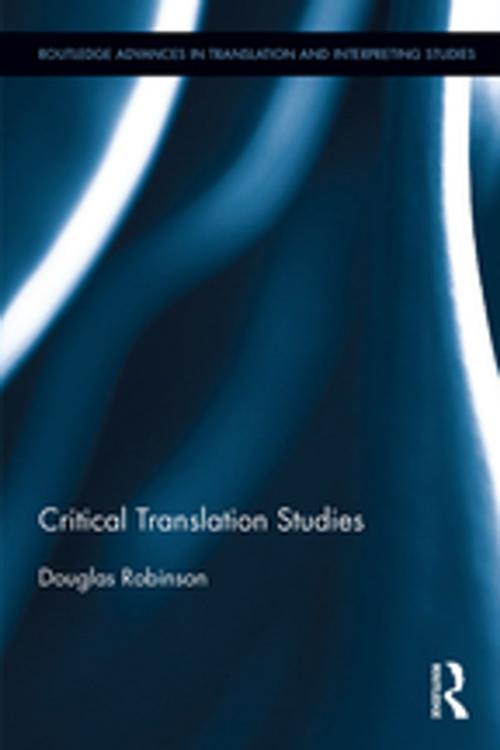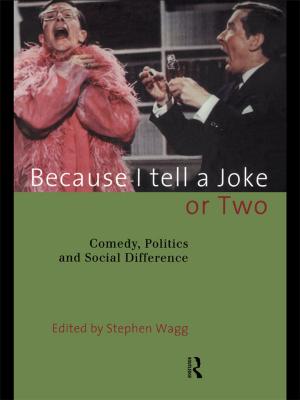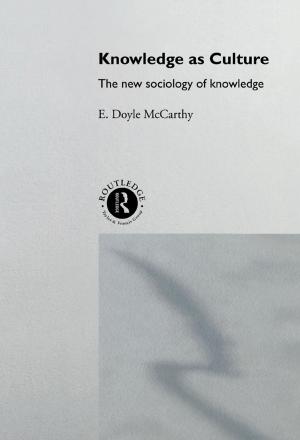Critical Translation Studies
Nonfiction, Reference & Language, Language Arts, Translating & Interpreting, Linguistics| Author: | Douglas Robinson | ISBN: | 9781315387840 |
| Publisher: | Taylor and Francis | Publication: | February 17, 2017 |
| Imprint: | Routledge | Language: | English |
| Author: | Douglas Robinson |
| ISBN: | 9781315387840 |
| Publisher: | Taylor and Francis |
| Publication: | February 17, 2017 |
| Imprint: | Routledge |
| Language: | English |
This book offers an introduction for Translation Studies (TS) scholars to Critical Translation Studies (CTS), a cultural-studies approach to the study of translation spearheaded by Sakai Naoki and Lydia H. Liu, with an implicit focus on translation as a social practice shaped by power relations in society. The central claim in CTS is that translators help condition what TS scholars take to be the primal scene of translation: two languages, two language communities, with the translator as mediator. According to Sakai, intralingual translation is primal: we are all foreigners to each other, making every address to another "heterolingual", thus a form of translation; and it is the order that these acts of translation bring to communication that begins to generate the "two separate languages" scenario. CTS is dedicated to the historicization of the social relations that create that scenario.
In three sets of "Critical Theses on Translation," the book outlines and explains (and partly critiques) the CTS approach; in five interspersed chapters, the book delves more deeply into CTS, with an eye to making it do work that will be useful to TS scholars.
This book offers an introduction for Translation Studies (TS) scholars to Critical Translation Studies (CTS), a cultural-studies approach to the study of translation spearheaded by Sakai Naoki and Lydia H. Liu, with an implicit focus on translation as a social practice shaped by power relations in society. The central claim in CTS is that translators help condition what TS scholars take to be the primal scene of translation: two languages, two language communities, with the translator as mediator. According to Sakai, intralingual translation is primal: we are all foreigners to each other, making every address to another "heterolingual", thus a form of translation; and it is the order that these acts of translation bring to communication that begins to generate the "two separate languages" scenario. CTS is dedicated to the historicization of the social relations that create that scenario.
In three sets of "Critical Theses on Translation," the book outlines and explains (and partly critiques) the CTS approach; in five interspersed chapters, the book delves more deeply into CTS, with an eye to making it do work that will be useful to TS scholars.















